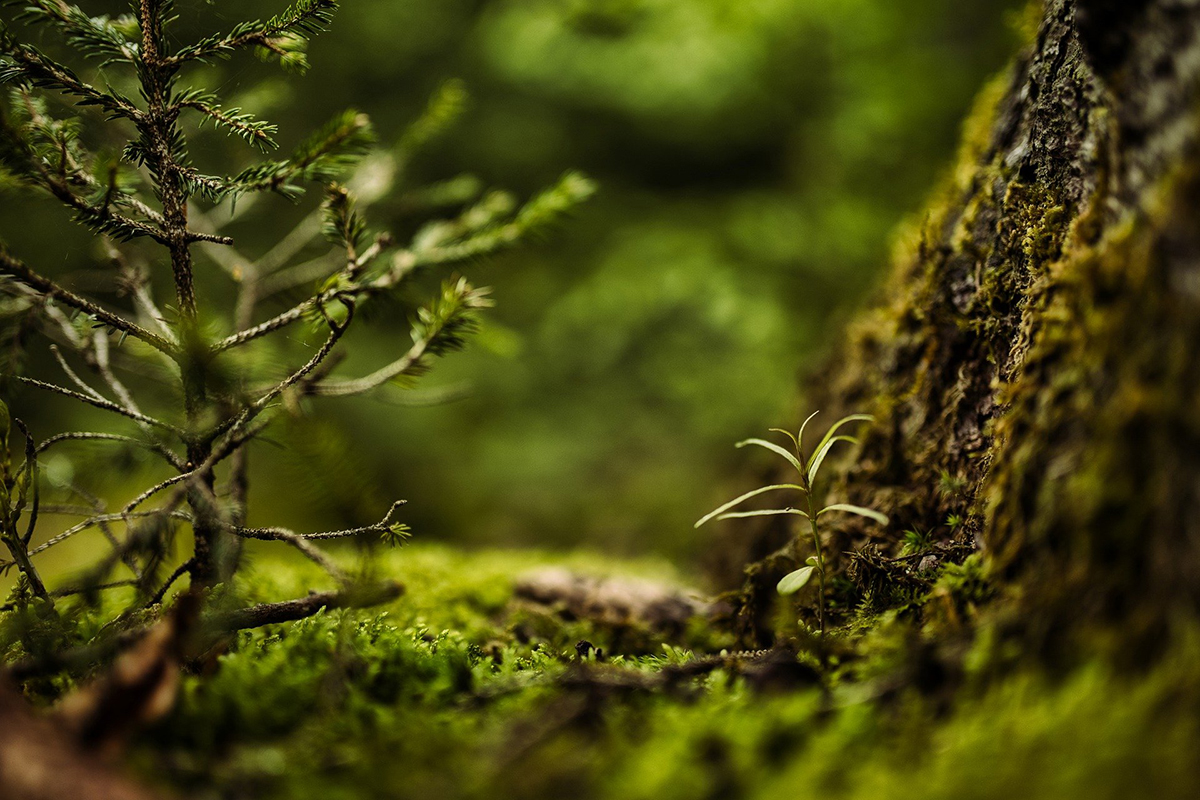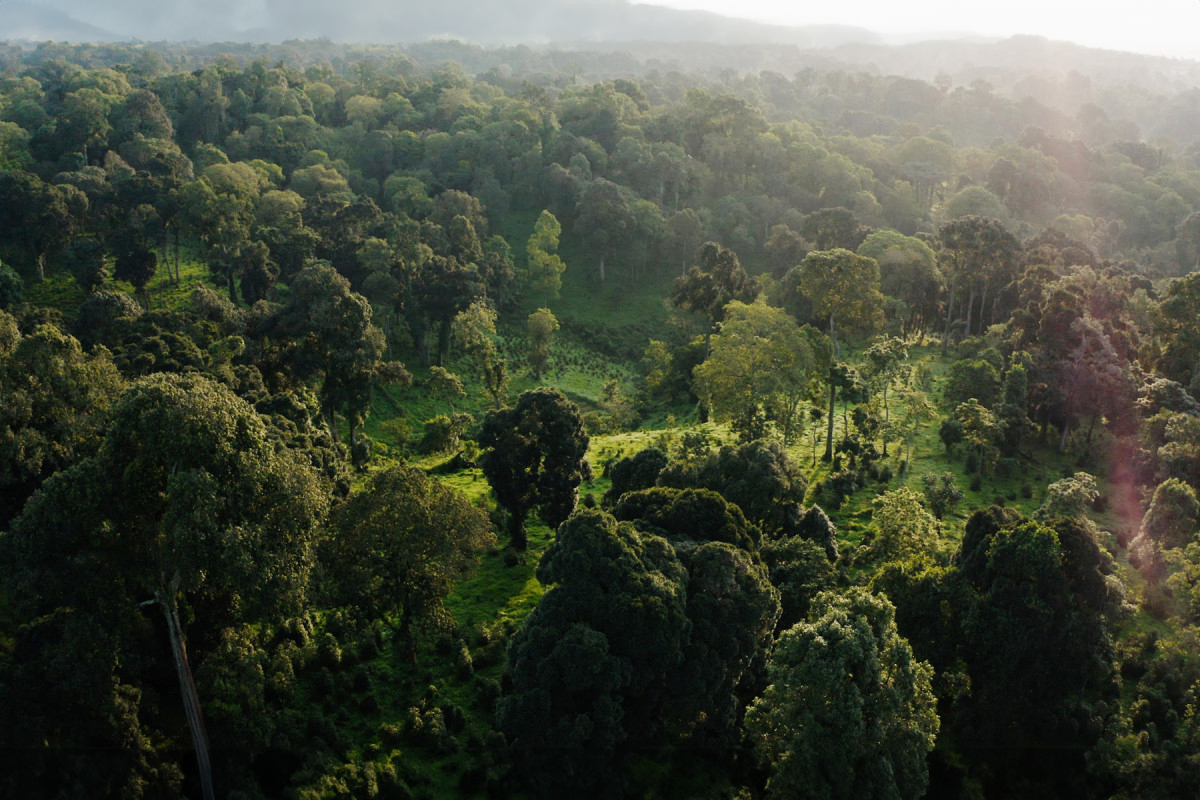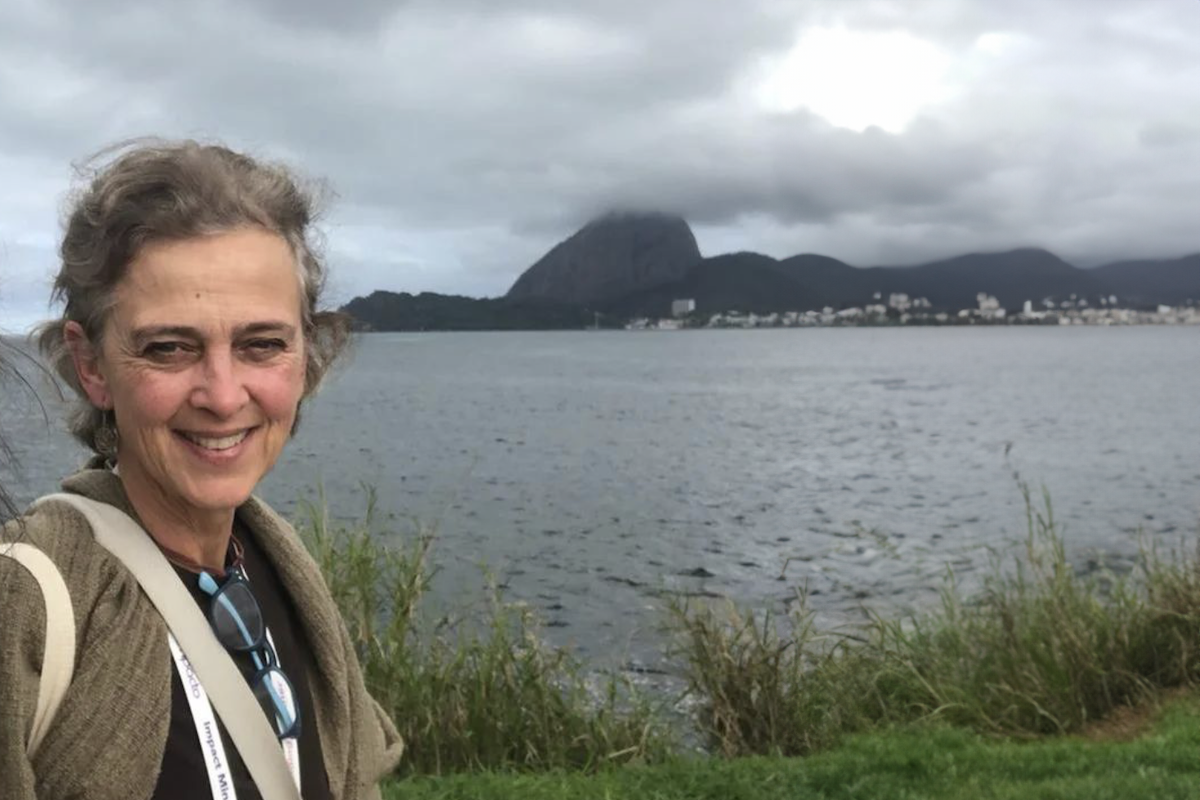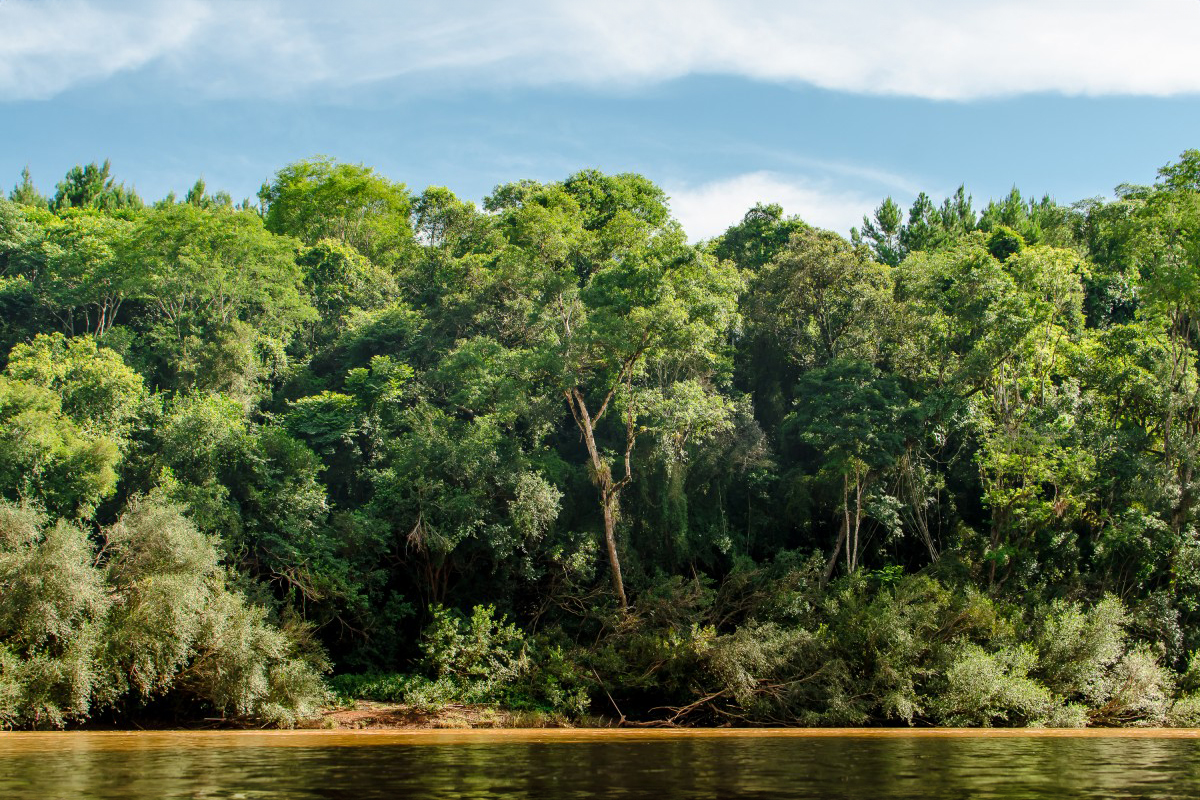Regenerating from Within




Regeneration is a continuous process. At every moment, we die and are reborn, transforming our consciousness, our knowledge, and our habits. This principle not only affects our personal lives but also shapes our communities and the environment around us.
To live regeneratively is to understand that every action can contribute to collective well-being. It’s a mindset shift—an invitation to rethink how we relate to nature, the economy, and each other.
To understand how this philosophy translates into everyday life and the world of impact-driven business, we spoke with Margarita Carlés, a social and environmental entrepreneur whose journey is deeply rooted in regeneration. Margarita Carlés, emprendedora social y ambiental, cuyo camino está profundamente ligado a la regeneración.
Meet Margarita
Margarita Carlés is the co-founder of Mayma, an organization that, for over 16 years, has been working to empower triple-impact businesses. Her mission is to contribute to the flourishing of a regenerative, collaborative, and inclusive economy by supporting entrepreneurs seeking to transform the market with more conscious and sustainable models.
But regeneration isn’t just part of her work—it’s a way of life. Margarita currently lives in a 9 m² tiny house named Rosa Lena 66, from where she works remotely and embraces simplicity as a way to connect with what truly matters.
“I’ve always been in touch with nature and have lived in places like Chaco, working on projects to restore ecosystems and support Indigenous communities,” Margarita shares. Her life reflects her commitment to regeneration, showing that it is possible to align values with actions.
Values for a New Economy
Margarita invites us to rethink how we define success and purpose in business. For her, profit is not an end in itself, but a means to achieve positive impact.
“Money is energy, and it’s necessary to create impact,” she explains. This perspective breaks away from the belief that profitability and sustainability are incompatible. Instead, she proposes that economic resources should serve a higher purpose.
Another key value in this paradigm shift is active and conscious citizenship. “Each of us has a role to play—whether at home, in our communities, or in our countries,” she says. Regeneration doesn’t depend solely on large companies or governments, but also on individuals who choose to live and consume more responsibly.
A Journey Toward New Economies
Since the 1990s, Margarita and her group of friends have been exploring models of new economies rooted in regeneration and inclusion.
“Creemos que el mercado puede ser un aliado en la regeneración”, sostiene. Su propuesta es un enfoque más consciente, donde el dinero y la abundancia no sean vistos como enemigos, sino como herramientas para sanar el planeta y mejorar la calidad de vida de las personas.
This regenerative economic model invites businesses to measure success not only in financial terms, but also through their social and environmental impact.
Rooted in Nature
Margarita’s connection with regeneration began in her childhood. “I spent a lot of time in the countryside with my grandmother. Those moments in nature shaped me and guided my path.”
Despite a busy professional schedule, she continues to find refuge and reconnection in nature. For her, regeneration is not just a theoretical concept—it’s a way of living, feeling, and acting.
Regeneration is not just a philosophy—it’s an invitation to rethink our relationship with the environment, the economy, and our communities. Every action, no matter how small, holds the power to transform and build a sustainable future.
Margarita Carlés reminds us that change doesn’t happen overnight—but it begins with every conscious decision we make.
